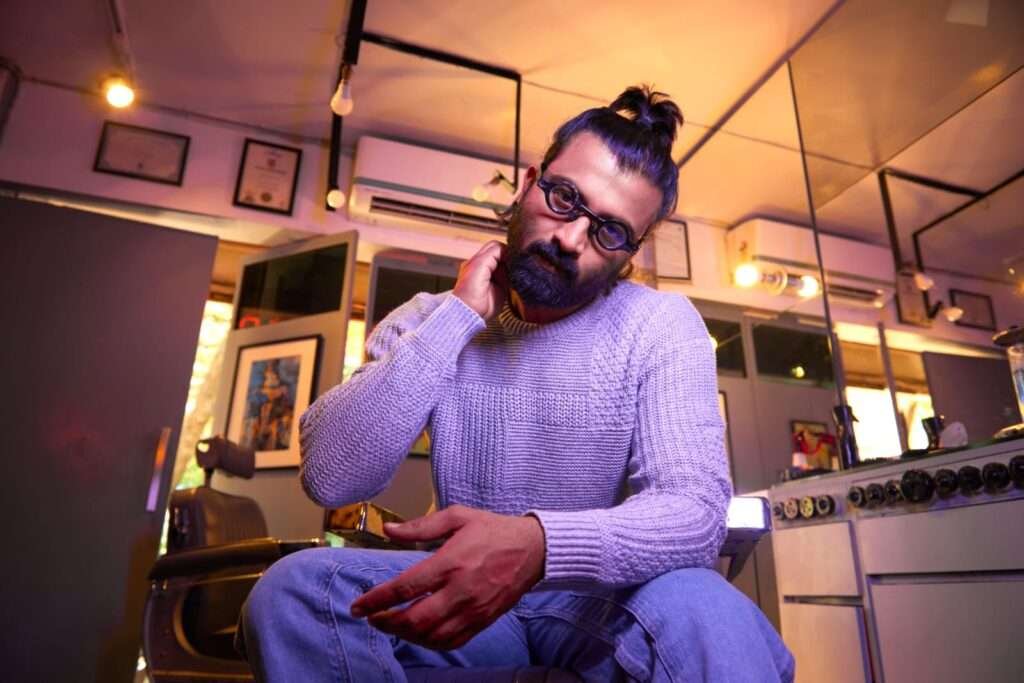By Darshan Yewalekar
In a world constantly chasing modernity, some traditions fade quietly into the background. One of them is barbering — a profession once woven deeply into the social and emotional fabric of Indian life. Long before salons and styling lounges became the norm, the local barbershop held a unique space in every neighborhood. It wasn’t just about haircuts or shaves; it was about stories, community, and connection.
The barber, seated with a razor in hand and an attentive ear, was often more than a tradesperson. For many, he was a confidant — someone who listened without judgment while lives unfolded in the mirror. There were no walls, no luxury, often not even privacy, yet the space felt safe and familiar.
But somewhere along the way, that quiet respect began to erode. As cities modernized and grooming evolved into an industry of trends and techniques, the humble barber was left behind — often looked down upon, dismissed, or misunderstood.
Celebrity hair designer Darshan Yewalekar has spent years in the limelight, working on high-profile films and styling some of India’s most recognised faces. But his heart remains rooted in the barbershop of his childhood — the warmth, the honesty, the everyday wisdom exchanged over a pair of scissors.
A Moment That Hit Home
Darshan recalls a moment that left a lasting impact. “I was in an auto one day, and a biker scraped past us. The driver, annoyed, yelled, ‘Aye hajam!’ as an insult. I asked him why he used that word like it meant something bad. He said, ‘They just do the same thing all day. No thinking involved.’ That cut deep.”
What many overlook is that barbering is a craft — one that requires not just skill but deep intuition. Knowing how to shape a look, read a client’s unspoken cues, create comfort through touch and precision — it’s far more complex than it appears. And yet, the profession is often reduced to a stereotype.
A Culture of Quiet Craftsmanship
Traditional barbershops were never about glamour. They were simple, often unassuming, yet vital to the everyday rhythm of life. They brought people together — across classes and conversations. They were spaces where generations sat side by side, fathers introducing sons to a familiar chair and stories slipping out between snips.
Today, as digital lives grow louder and more disconnected, that sense of human closeness is rare. The barbershop — in its truest sense — offered a kind of companionship that can’t be replicated through apps or algorithms.
Reclaiming Dignity
There’s a growing need to restore dignity to the profession. To recognise the barbers not just as service providers, but as skilled workers, culture-keepers, and members of a tradition that has quietly served society for centuries.
As Darshan puts it, “These are not people to look down upon. They’ve shaped generations — quite literally. They deserve the same respect we give any artist, because what they do is nothing short of art.”

In honoring the craft, there lies an opportunity to also rebuild something deeper — a sense of respect for the invisible hands that keep the world looking, and feeling, just a little better each day.



